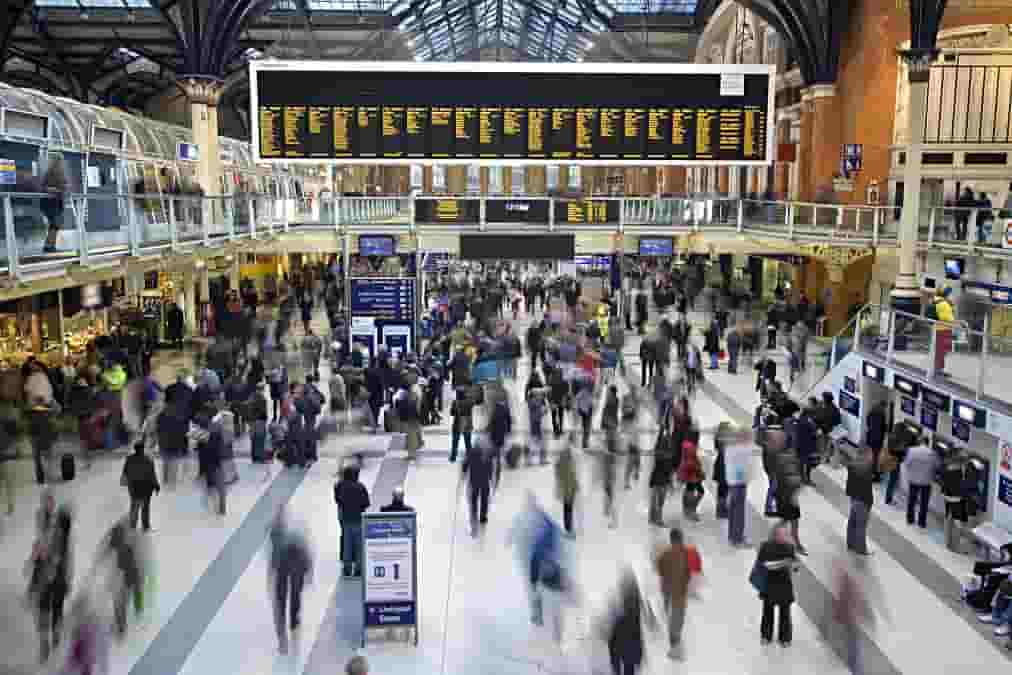Campaigners have called for the rail industry to end the ‘peak fare rip off’ on trains in England and Wales. They are calling for a fairer pricing structure and an end to the penalty imposed on commuters who are forced to travel during peak hours.
Research published by advocacy group the Campaign for Better Transport (CBT), revealed that there is no standard cost of a ticket to travel during peak hours. Some commuters pay 5 percent more (Grays, Essex – London) than the equivalent off-peak ticket; but others are forced to find as much as 130 percent more (Brighton – London.)
This peak fare premium even varies across the same train operating company. The cost of a journey between Leeds and Selby is 9 percent more during peak hours, but commuters travelling between Rochdale and Manchester pay 25 percent more to ride with the same operator.
The CBT spokesperson for external affairs, Norman Baker said: ‘The peak/off peak fares system is unfair, outdated and counterproductive and passengers are bearing the brunt, and the costs, of a broken system. Passengers shouldn’t have to face a lottery when buying their train ticket.’
The announcement comes against the backdrop of a 5.9 percent increase in regulated rail fares in England and Wales. Although the hike is under the rate of inflation, it will still see passengers in many parts of the country pay hundreds of pounds more for their annual season tickets.
The Workers Union Says…
The railways are an essential part of this country’s transport network. They are a potent image of the UK’s past, a reminder of its future possibilities and an enduring testament to the engineering genius of the British people.
But we cannot afford to be sentimental about them. They are essential to our economic health and a vital engine of growth and connectivity. They rely on passengers and passengers rely on them.
To take the necessary steps towards a network fit for the challenges of this century, we must be prepared to think creatively about attracting and retaining passengers.
This will not be easy. The post-pandemic hybrid model of work means that many commuters stay at home on certain days of the week. At the same time, leisure travellers are finding their options limited as fares rise and the cost of living bites.
But as we reported recently, innovations from some operators have shown that strategic thinking can benefit passengers and service providers alike. Now the wider industry must adopt a similar mindset to keep all our railways on track.




